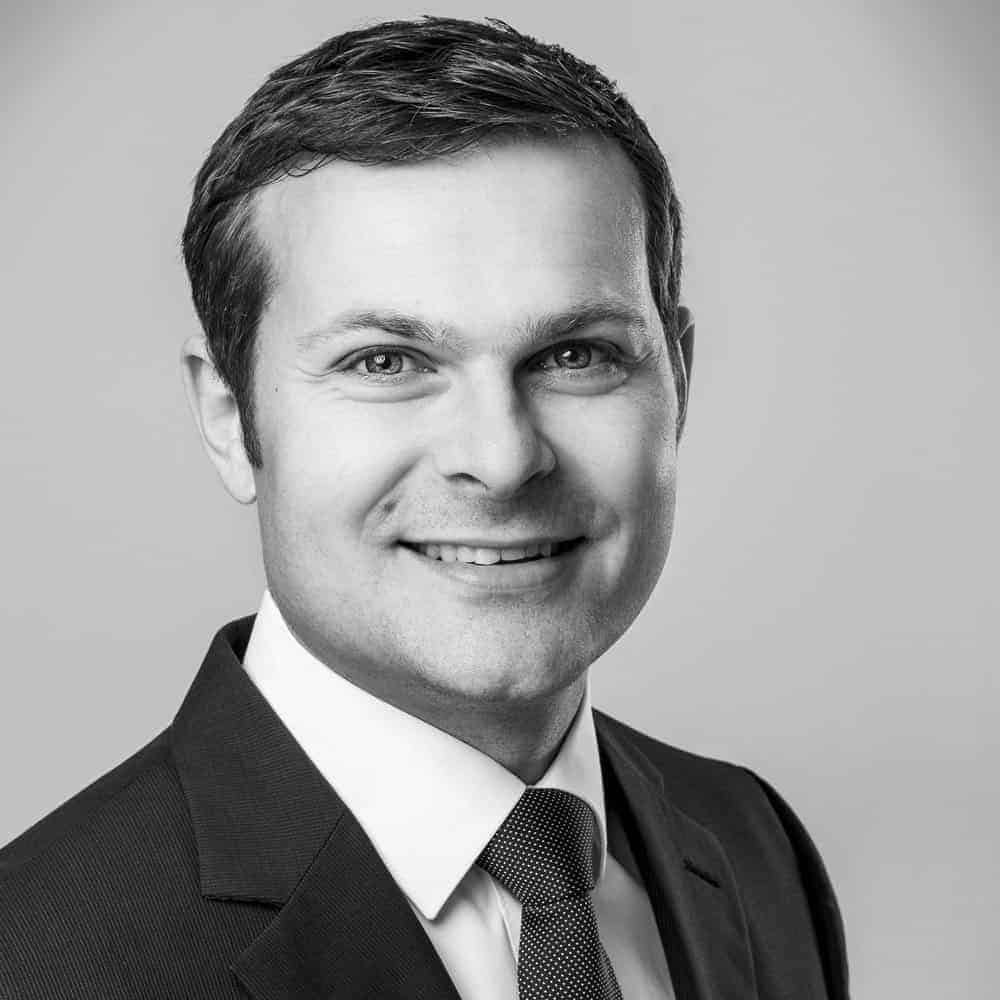VAG Interview - Consulting-driven AMS


Mr. Rawus, you use application management services for system operation. What were your considerations beforehand?
 Michael Rawus: We have a small team of four employees who support 600 users worldwide. There are a wide variety of requirements, whether they are legal requirements in the Czech Republic, India or South Africa, or process-related issues.
Michael Rawus: We have a small team of four employees who support 600 users worldwide. There are a wide variety of requirements, whether they are legal requirements in the Czech Republic, India or South Africa, or process-related issues.
We actually use all SAP core modules plus SAP BW. Inevitably, we also have to buy in expertise from outside. That gets us further. As a medium-sized company, we can't build up expertise for everything.
But your employees certainly don't just think in terms of IT processes and customizing.
Rawus: We see ourselves as holistic process consultants and as implementers in the system. If we get stuck and don't have the in-depth know-how in a particular area, we bring in someone from cbs.
What does the collaboration with cbs look like?
Rawus: This extended AMS model is perfect for us. It not only includes system operation, but also consulting from cbs. If we have a need, the experts also support us with smaller projects. That's a huge advantage, because it makes us very flexible.
You have virtually outsourced a large part of your SAP know-how.
Rawus: I know that I have a partner who knows the processes of the manufacturing industry and covers an enormous range of topics. Why should I then look for a separate consultant for every detail?
After all, I basically have to have confidence that my partner can implement things at a high level. Another service provider would have to rethink our processes every time, understand our corporate culture and learn how we work in IT.
They also keep having waves in the project business.
Rawus: And it is precisely these peaks that I can intercept via my partner. For example, if my logistics specialist is already working on three or four projects in parallel and we also want to introduce global bills of materials.
No matter what area - if a new topic pops up, I quickly get in touch with an expert via cbs. That's an extremely short distance.
What other issues did you handle with your partner?
Rawus: There were various projects: Material number harmonization, flexible customer processes via Salesforce, business intelligence. Recently, there was a request from a customer for a classic EDI connection.
However, we have no expertise in SAP Process Orchestration. And it's not even worth it. So I asked the expert for Enterprise Integration at cbs:
- How do you build something like that?
- What does the architecture look like?
- What is the approximate cost?
So our partner helps me early on when it comes to classifying a task.
Another interesting topic is PLM variant configuration. What are the challenges here?
Rawus: There are many different versions of our valves: different diameters, various pressure ratings, mechanical or hydraulic drive types, different materials, casting qualities and coatings.
We want to map the entire spectrum in our system so that we can become faster over our lead time to the customer. At the moment, we still have to create a material number, a bill of materials and a routing every time. That is very time-consuming.
The SAP world is changing. Where do you see the biggest construction sites for yourself at the moment?
Rawus: VAG is a 150-year-old company and comes from a multi-client system landscape. We have internationalized through organic growth and acquisitions.
We are now still in the process of transferring our product data management and our quotation system to SAP. In terms of master data, we have harmonized our material masters globally.
At the moment, the aim is to standardize and simplify systems and processes globally. That is our task for the next two to three years.
Keyword digitalization. Is this already an issue at VAG?
Rawus: It's actually a pretty hot topic! We are already in the middle of a very exciting IoT project. We are currently developing the armature of the future, which we are equipping with three sensors, a router and a SIM card. cbs is supporting us with the complex sensor technology.
This is about predictive maintenance. What exactly is the idea behind it?
Rawus: We want to offer our customers added value. Together with cbs, we are working on a full-service solution. This is a new business model. Via wireless networking, the customer can then make predictive analyses in order to replace or repair a defective fitting in good time.
The question is: When the sensor reports something, is it a good or a bad status? We are defining that right now.
For whom is this information intended?
Rawus: That's another point. It is important to define a logic, for example, when I should send out an early warning e-mail or SMS to a technician or plant manager and when I should not.
An error status is to trigger an alarm. cbs has configured a special router for us that sends the sensor data to the server of cbs parent company Materna. From there, the data travels to the cloud, where it is collected.
And you're trying that out right now?
Rawus: We are currently building a prototype for testing purposes. The cbs consultants built this scenario for us. cbs takes care of all the connectivity, provides the infrastructure, the prototype landscape, the cloud systems, the Materna server and the evaluations.
For us, it's also a question of: How do I physically attach the sensor to the fitting and how do I then bring that out as a complete product? The challenge is also that we have installed fittings of this kind relatively often in places where there is no wireless network at all.
Their control valves and butterfly valves can be found in the Amazon region of Ecuador as well as in the desert of Dubai.
Rawus: Right there is such a fitting on some pipe buried deep in the sand. And that's where the defects occur. Pipes leak, fittings wear out. It can be that dirt or a stone gets into the water pipe and damages something, or that damage simply occurs due to heat.
For us, the question is: Can these signals be processed somewhere? And how do I transfer the signal from this fitting to our system? That's what we're working on right now.
Where are you with enterprise mobility?
Rawus: Initially, we had the idea of using the SAP standard app for an order release on the iPhone. Now, however, it's not enough just to install the app. I have to set up and make available a separate gateway, and it is necessary to fundamentally revise the IT infrastructure for authentication via smartphone.
Cbs has explained to us what we need to do to make this happen. We have now put together partial packages for this. We are currently implementing the first two.
Does that mean you will be offering your own app system in the company in the future?
Rawus: We are building our IT infrastructure so that the cell phone can authenticate itself to SAP. Then we want to offer the first app for mobile devices.
This means that our management can easily release an order via iPhone or iPad anywhere in the world, so that our processes continue to run internally. At the moment, this is all done by mail outside of SAP.
We also want to convert our radio scanners in our European logistics center in the Czech Republic from the current, outdated technology to SAP UI5.
How do you see the future role of AMS as the SAP world changes, globalization and digitalization?
Rawus: Today, it's about more than just system operation. We often need a proof of concept from a consulting firm with a wealth of experience - along the lines of: You've already implemented a project like this at an industrial company.
How do you do something like that? I'm not the one who always wants to reinvent the wheel. I'm also not a fan of SAP training courses lasting five days. I prefer to bring in a consultant with whom I can then work it out together.







